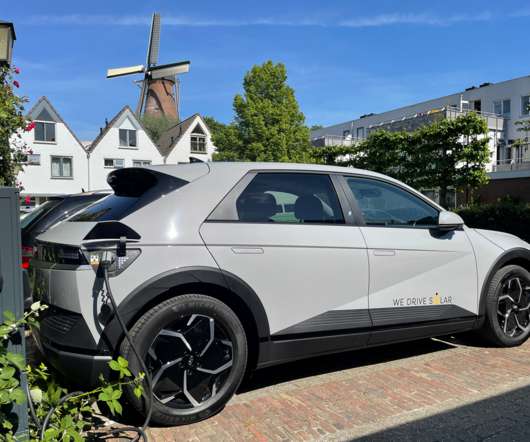New highly selective and efficient catalyst for reduction of CO2 to CO
Green Car Congress
JANUARY 30, 2014
Researchers at the University of Delaware have developed a highly selective nanoporous silver catalyst capable of electrochemically reducing carbon dioxide to carbon monoxide with 92% efficiency. The carbon monoxide then can be used to produce synthetic fuels and chemicals.





















Let's personalize your content